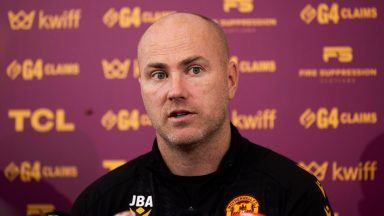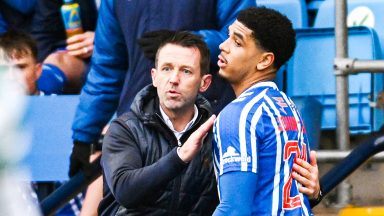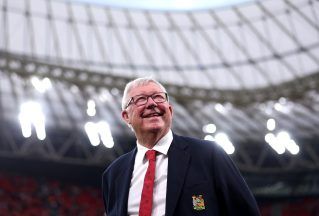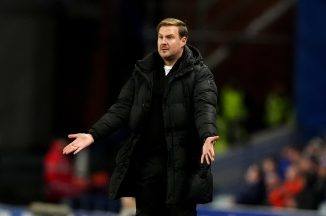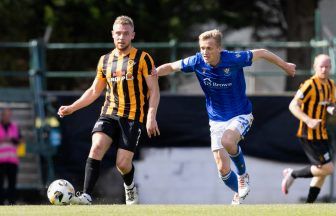It’s a puzzle that Steve Clarke has been chewing over pretty much since the minute David Marshall saved the penalty that sent Scotland to the European Championship.
Who do you take to Euro 2020?
And who do you leave out?
On Wednesday, those questions will be answered when the Scottish FA reveals the final selection.
When Marshall saved the crucial penalty in Belgrade, the finals were seven months away. Circumstances have given the national team boss an extra year on top of that to consider the best blend of players and the possible teams he might field in three group games and hopefully more beyond that.
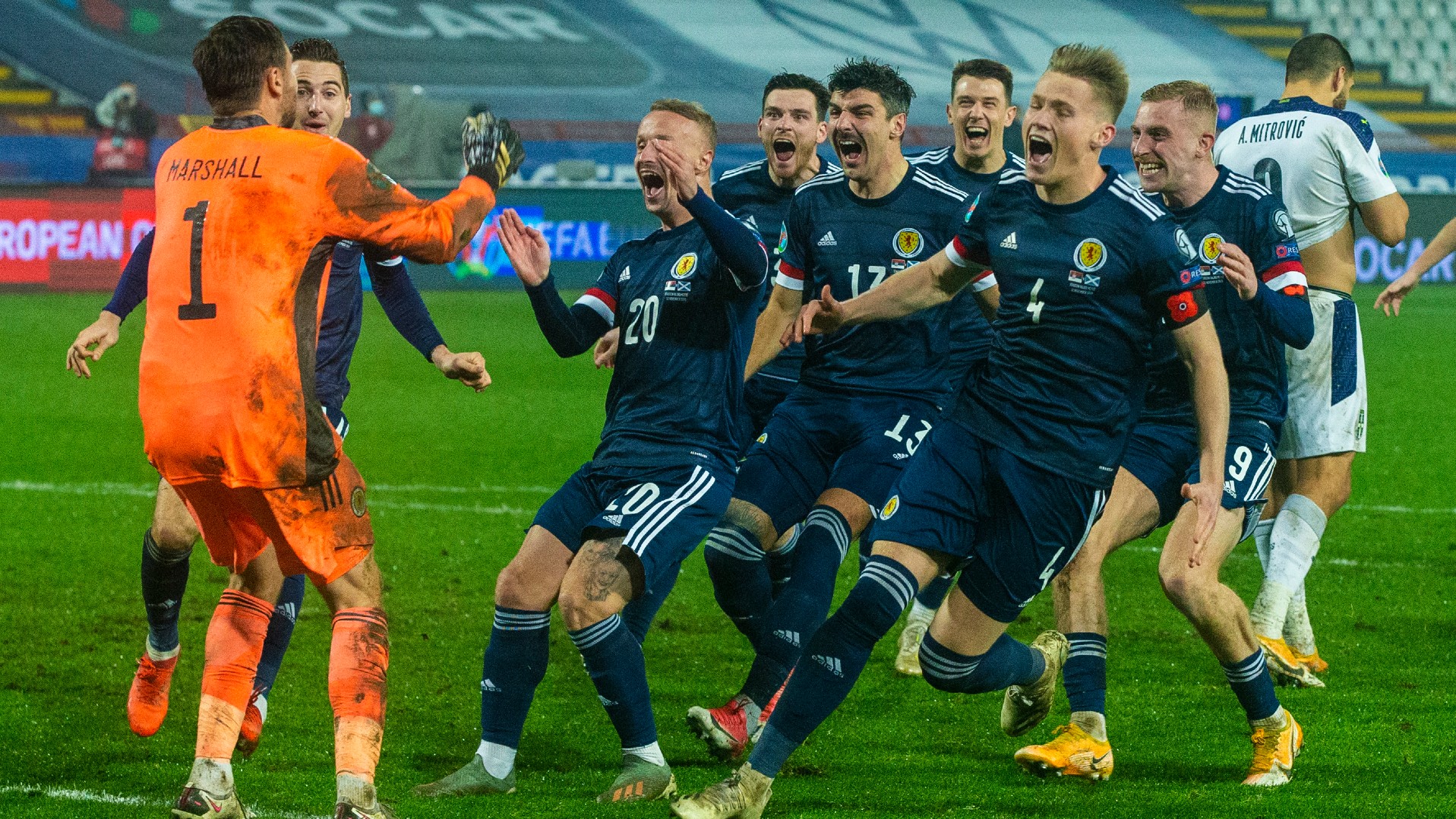 SNS Group
SNS GroupJust over three weeks ago, Clarke had settled on his choices “more or less”. And then UEFA announced that they were increasing squad sizes from 23 to 26, reasoning that after a shortened, concentrated season it may ease the workload on top players.
You might think that the increase would have been popular with managers, allowing them a bigger hand to choose from, and leaving them with fewer difficult phone calls to players who missed out.
But Clarke saw it differently.
“Obviously it will make the job when you’re there more difficult because you’re leaving players out that won’t be involved in the games,” he told Sky. “But it’s a chance for some players that might have missed out to be in the squad and to experience the whole atmosphere of a major tournament, which will be good.”
A traditional 23-man squad might have ramped up tension about who would be left out. Clarke has worked to build a club mentality in the squad and embed his ideas at individual and team level and that has meant a consistency in selection.
A few weeks ago – when Clarke knew his top 23 “more or less” – anyone who’s followed the national team could have had a fair stab at knowing it too.
Now, a combination of factors means it’s a little different and there could be some interesting choices on Wednesday.
Injuries have already ruled out a couple of almost definite picks and opened up space, UEFA’s increase to 26 players gives more room and end of season form may have seen some potential picks push harder than others.
Between the sticks
The one area where Clarke is unlikely to spring a major surprise is his goalkeeper selection.
David Marshall, Craig Gordon and Jon McLaughlin have been the go-to choices for some time and there hasn’t been a serious case to dislodge any of the trio at this late stage.
It’s been suggested that the manager might make a private phone call to Allan McGregor to sound out the veteran Rangers keeper after a vintage season, but the very reasons it would be private (risk of upsetting the established picks, and McGregor’s history with the Scottish FA) are the same ones that make it unlikely.
Case for the defence
The current preference for a three-man central defence means plenty of places for part of the team where there’s no defined first-choice partnership.
Kieran Tierney, having overcome injury problems, is a certainty for the left of the trio and a good number of players have their eyes on the remaining places.
Grant Hanley, Scott McKenna, Declan Gallagher, Jack Hendry, Andy Considine and Liam Cooper all have claims to make the squad, with the question of who will start against Czech Republic one to answer further down the line.
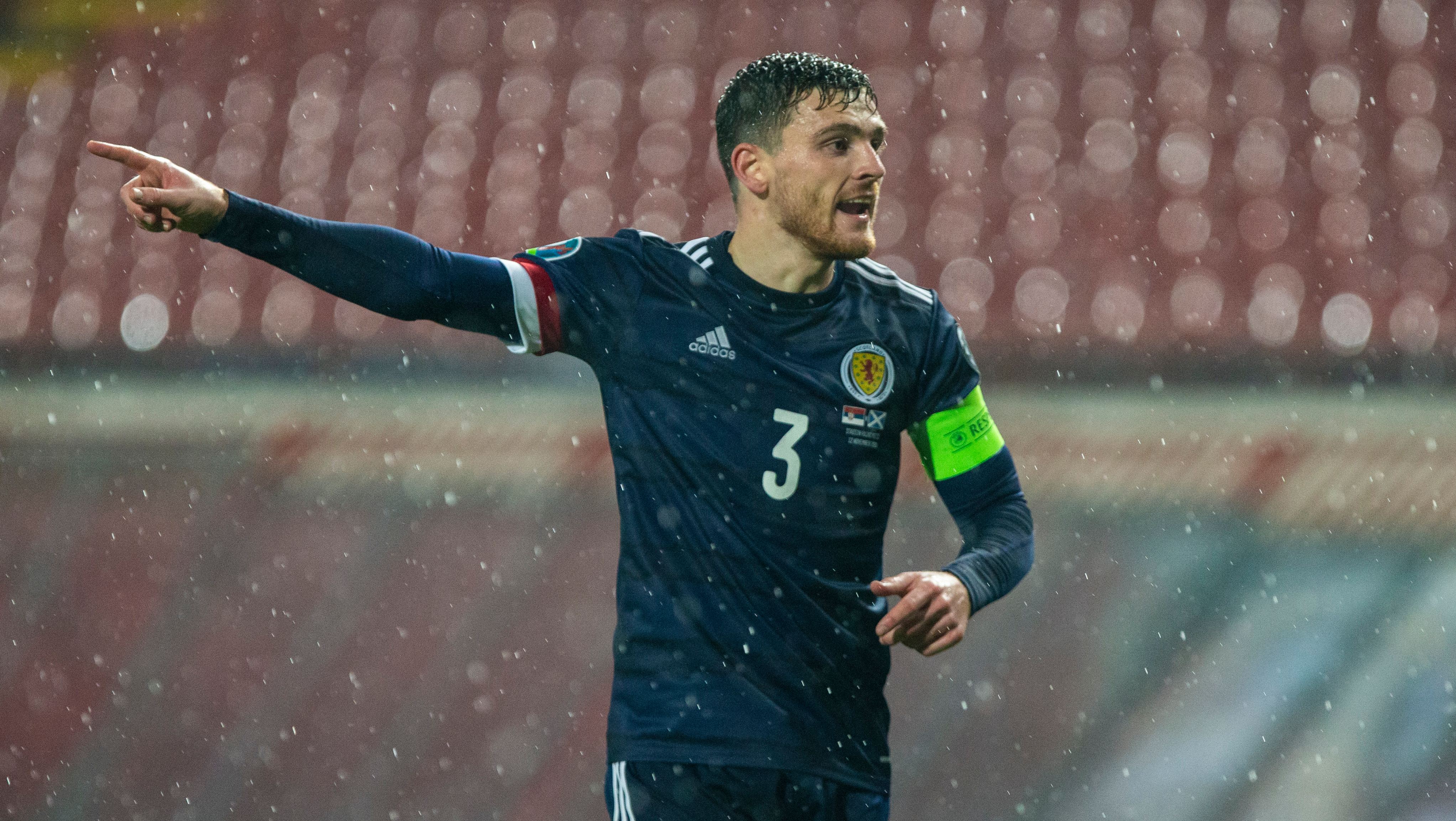 SNS Group
SNS GroupIn the wing-back positions, Andy Robertson is captain and will be the first name on the team-sheet, with Celtic’s Greg Taylor the accepted back-up while Tierney takes on the central role.
On the right flank, Stephen O’Donnell isn’t going to miss out after tireless work over the last couple of years, though Liam Palmer might be nervously checking his phone on Wednesday morning now that James Forrest is back and available as an option.
Midfield battle
Midfield is where injury has already sent Clarke’s early plans awry. Ryan Jack, having shown consistently strong performances for Rangers at home and abroad, had already been ruled out before Kenny McLean was cruelly robbed of his place in his last game of the domestic season. The Norwich midfielder has been a solid part of the squad and shown a cool head in penalty shoot-outs.
Scott McTominay’s spell at the back appears to be over and Scotland aren’t going to leave a Manchester United regular behind to watch the Euros on television. Likewise, John McGinn is on the verge of being a talismanic figure and will be in the starting line-up.
Celtic duo Callum McGregor and Ryan Christie will be in Clarke’s plans, as will Stuart Armstrong, while John Fleck’s case for inclusion has probably strengthened with McLean’s absence.

Further up the field, Forrest’s value to Scotland has been proven over the years, even if injury robbed him of most of this season, and Ryan Fraser’s creativity is essential if the team are to entertain hopes of going beyond the group stage.
Going for goals
The Clarke era has unearthed striking options and after persuading Lyndon Dykes to bring his physical and direct play to the dark blue jersey instead of his native Australia, and converting Che Adams to the cause, they will account for two places in the 26.
Kevin Nisbet and Lawrence Shankland looked to have been in direct competition and it’s likely the Hibs striker has nosed ahead in the last couple of months – but there could be room for both.
Oli McBurnie has been ruled out. Off-the-field issues and a Premier League goal return that’s the same as the Liverpool goalkeeper’s meant Clarke might have faced a tough decision on the Sheffield United forward, but McBurnie revealed on Monday that his fractured metatarsal won’t have healed in time for the Euros.
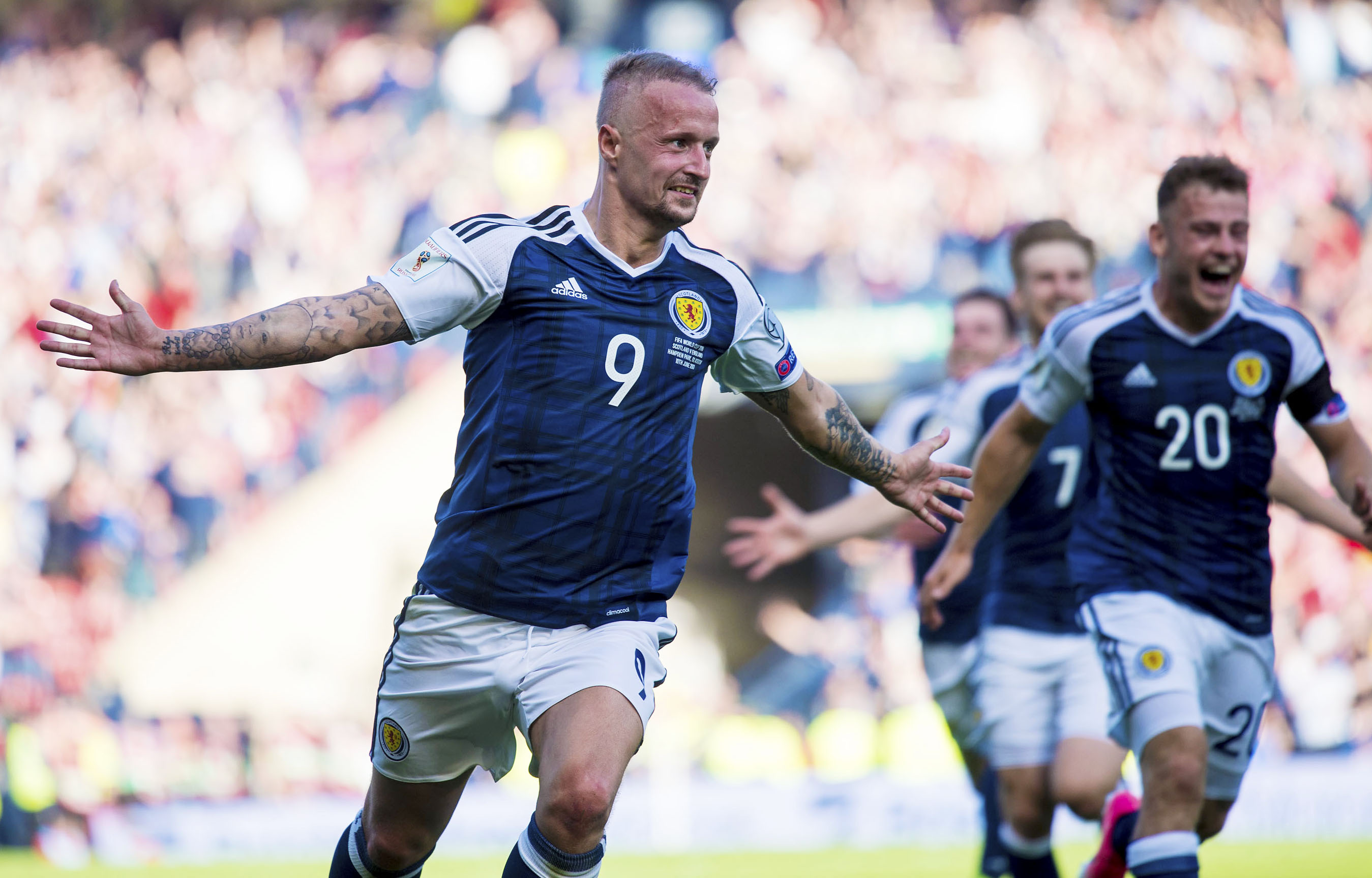 SNS Group
SNS GroupNo discussion of Scotland’s forward options can be complete without mention of Leigh Griffiths, especially when England are among the upcoming opponents. The Celtic striker has had a season to forget but there are plenty who would support his case for inclusion based on an ability to deliver something unexpected.
Waiting by their phones
Beyond these names, most of whom have been in multiple squads throughout Clarke’s reign, there is the potential for a big surprise in Wednesday’s announcement.
The manager’s mention of experiencing a major tournament suggests his last places might go to younger players who can use it to further their career at the top.
David Turnbull’s smooth ascent to becoming a key player in midfield for Celtic must have put him in the frame, while Rangers’ young right-back Nathan Patterson would be a real outsider, though one that could give an option in a difficult position. Hibs centre-back Ryan Porteous has already made previous squads and has made no secret of his hopes to force his way in.
The real story would come from a gamble on either one of a pair of diminutive Scottish midfielders who have enjoyed 2020/21. Ryan Gauld’s move to Portugal was always a brave choice and, despite setbacks, he seems to have found his feet. Nine goals and seven assists in a Farense team that’s been in the bottom half of the top flight might be enough to nail a wildcard spot if there’s one going.
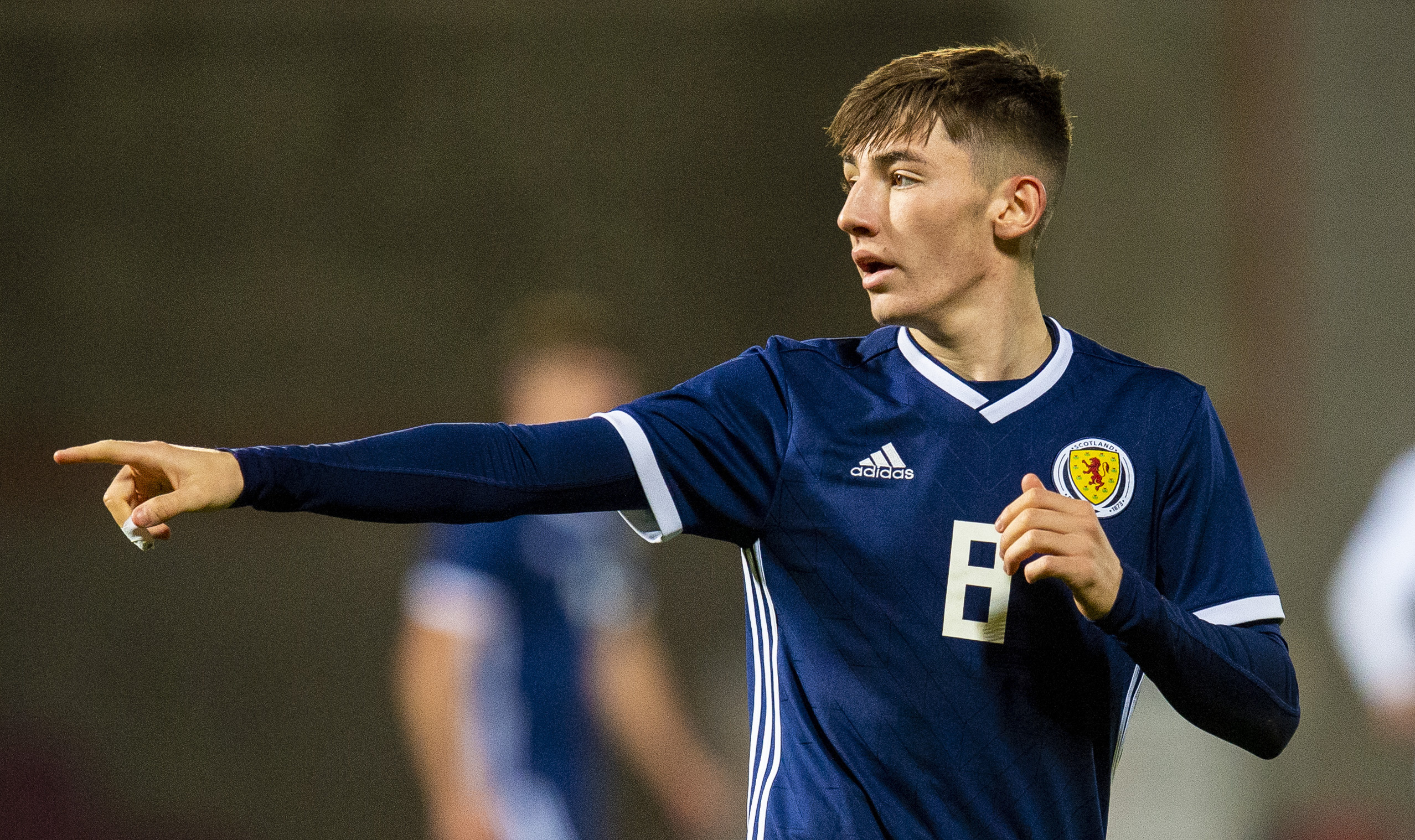 SNS Group
SNS GroupGauld would have competition from one of Clarke’s old clubs. Billy Gilmour earned first-team appearances under Frank Lampard at Chelsea, but appeared to be back at the drawing board when new manager Thomas Tuchel arrived. However, the former Rangers youngster has returned to the team at Stamford Bridge and shown he’s capable up against the EPL’s best.
The inclusion of either one would be the headline from Wednesday’s squad reveal, but Clarke’s choices will be debated way beyond this week.
Scotland’s first appearance at a major finals in a generation means every spot in the squad is up for scrutiny.
Whether Clarke’s 26 can make the most of it will be the story of the summer.

















